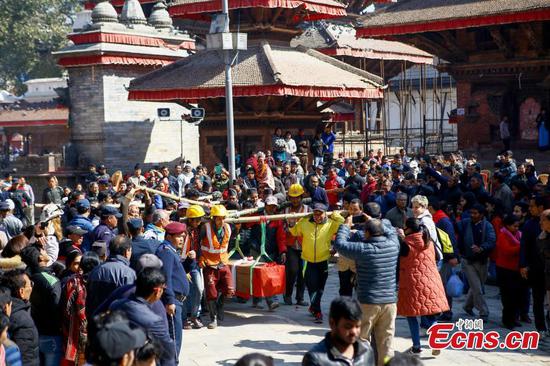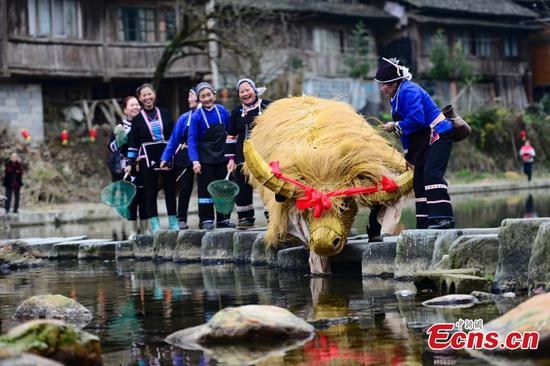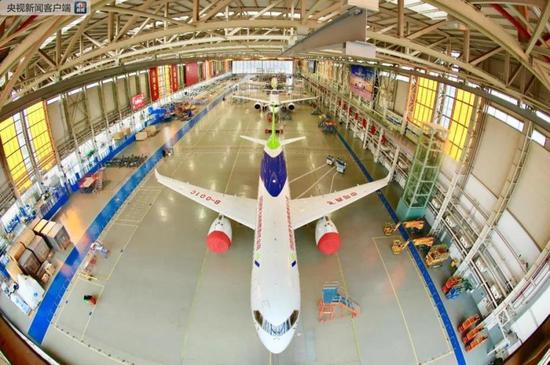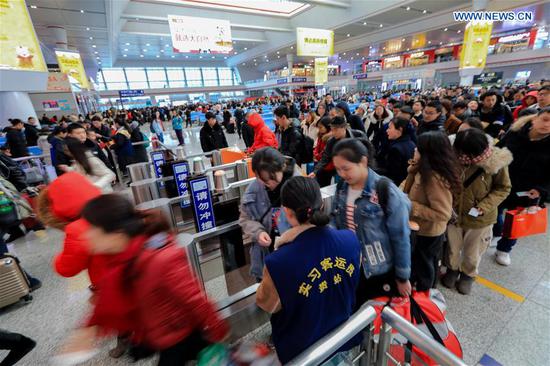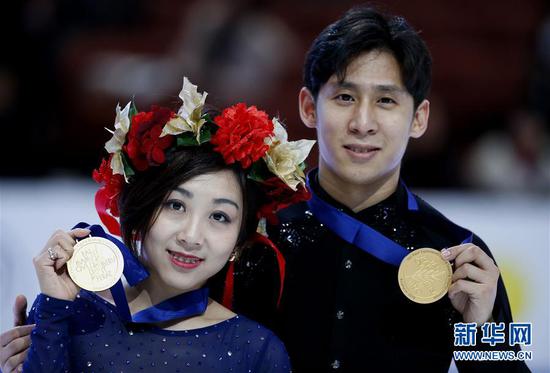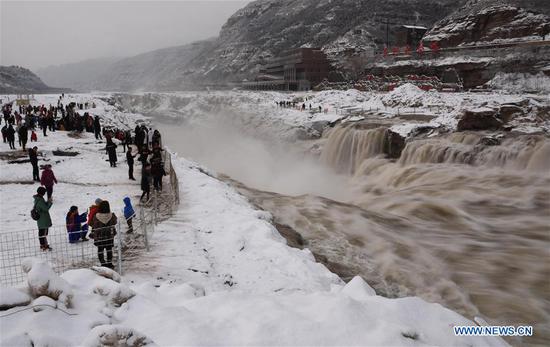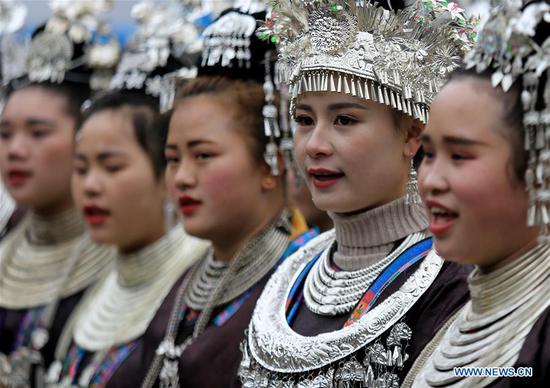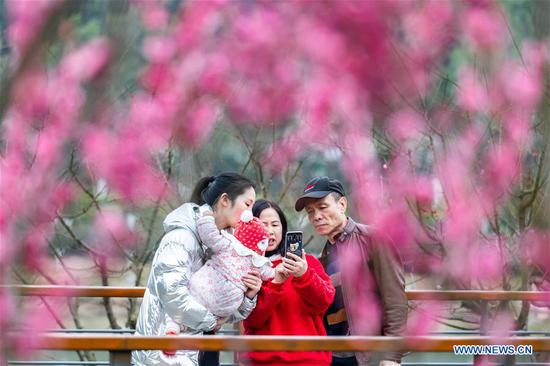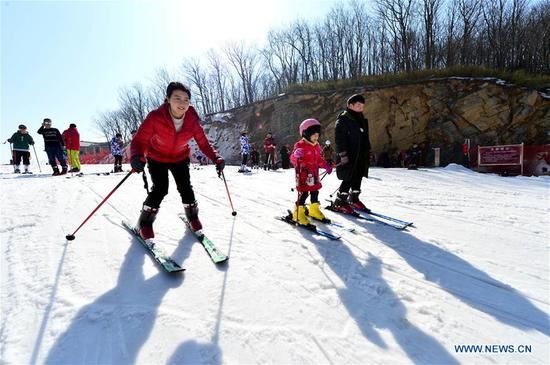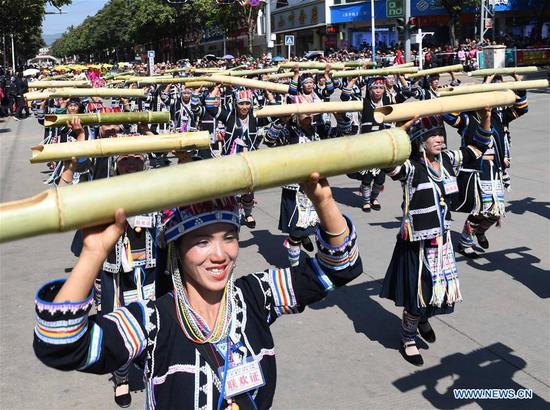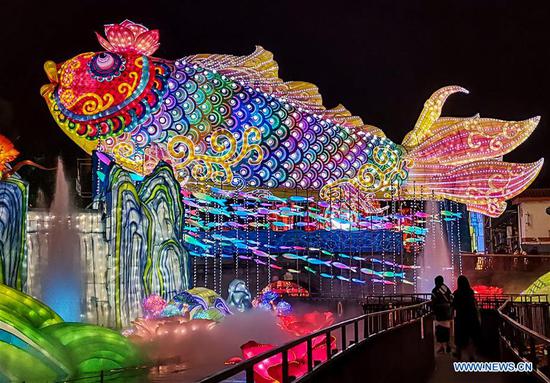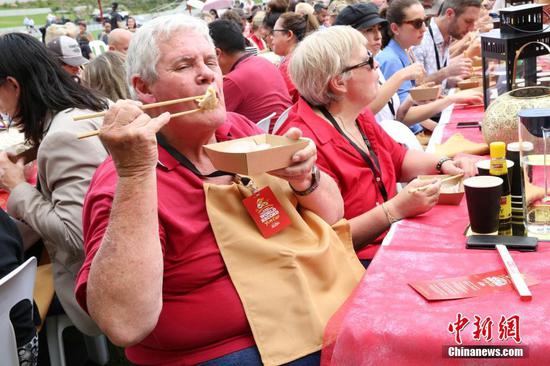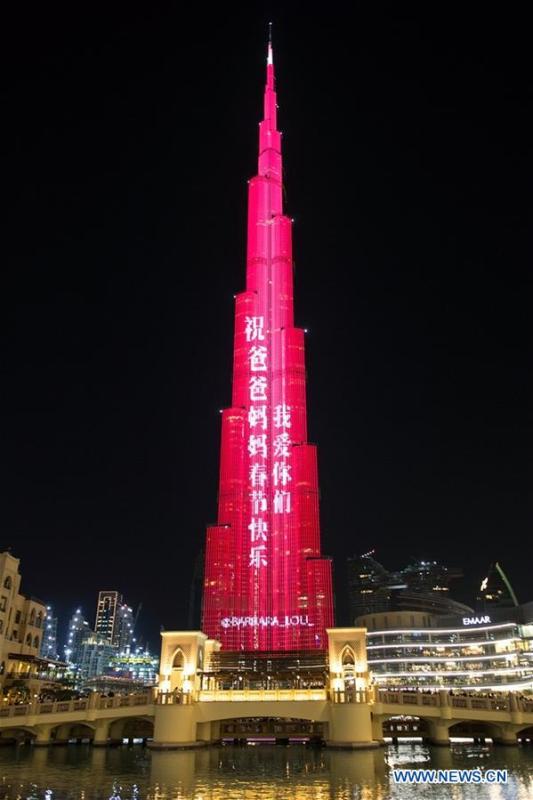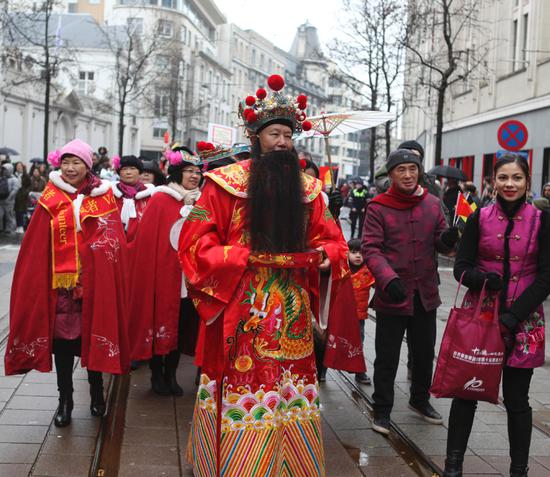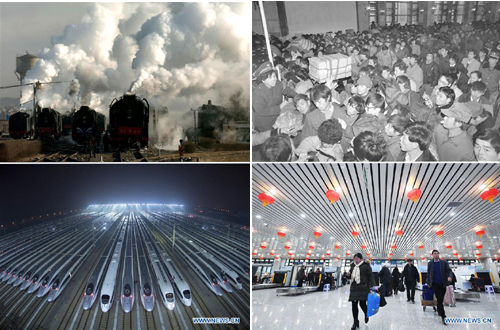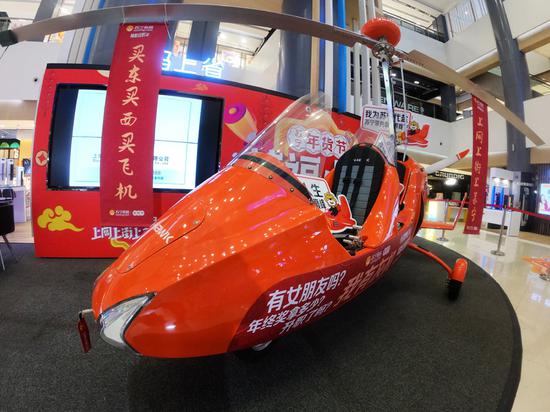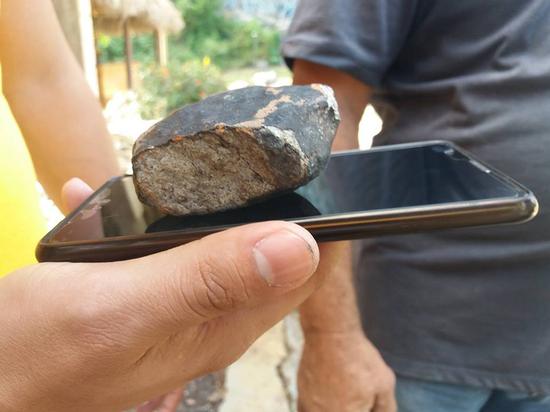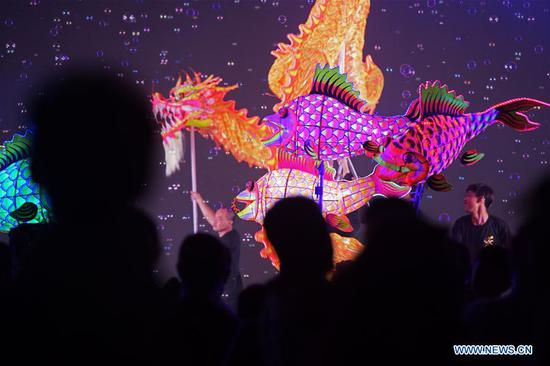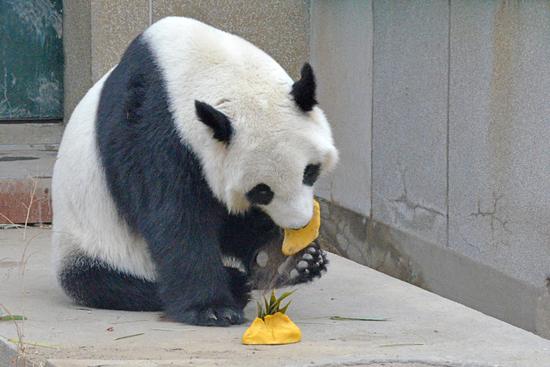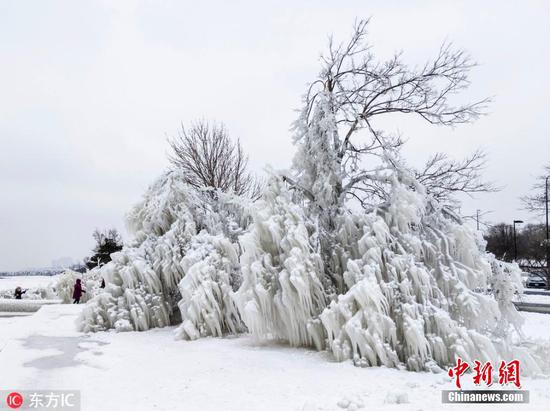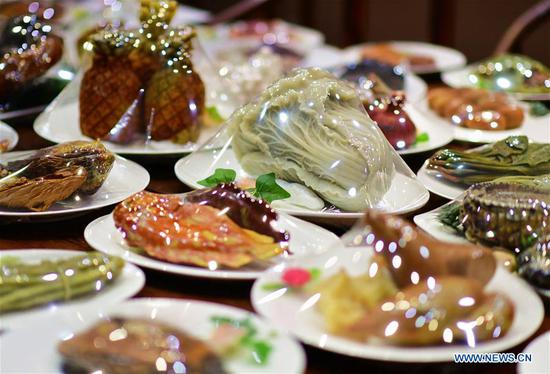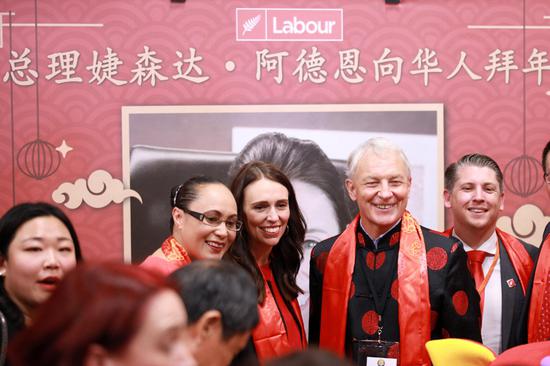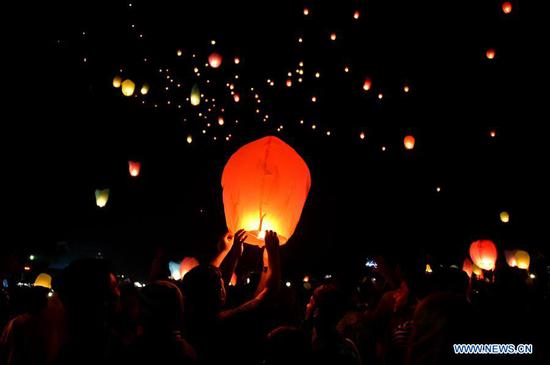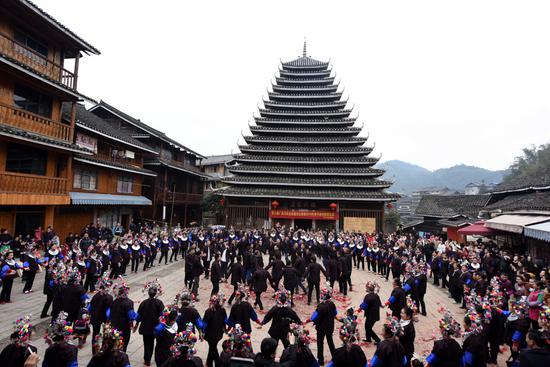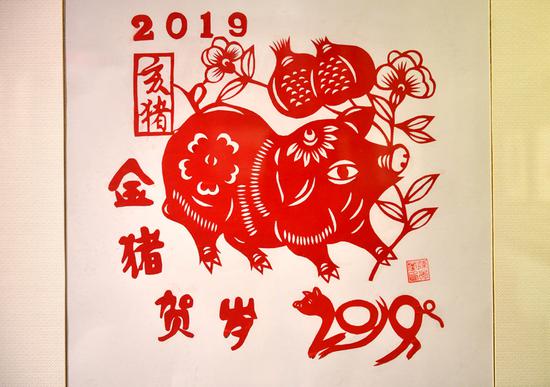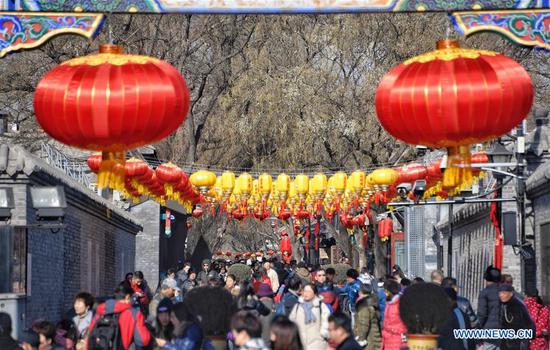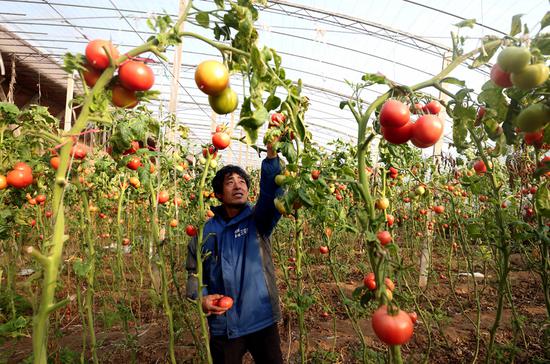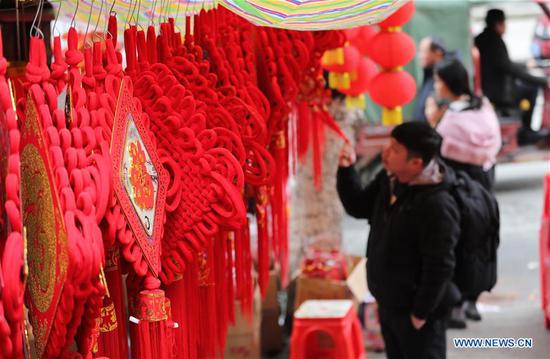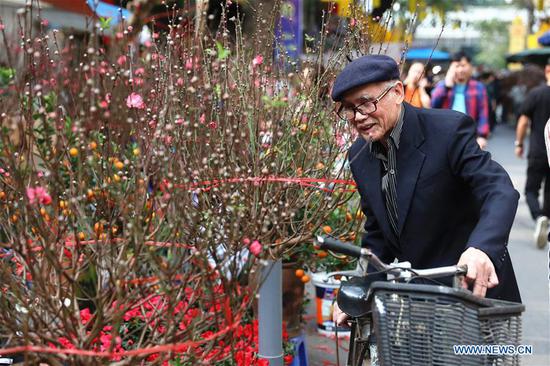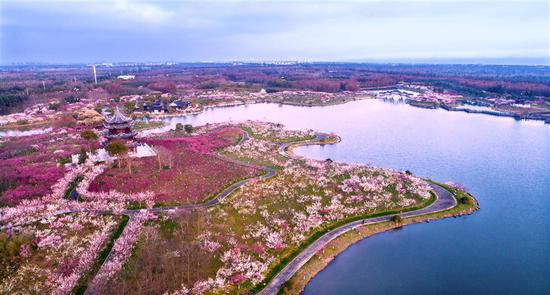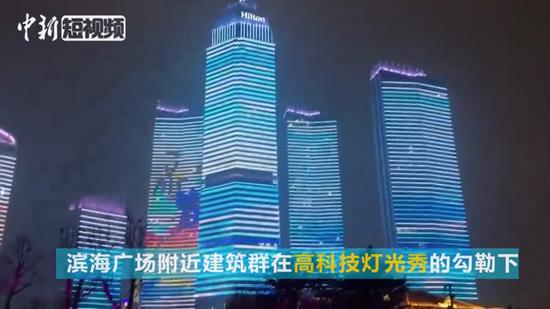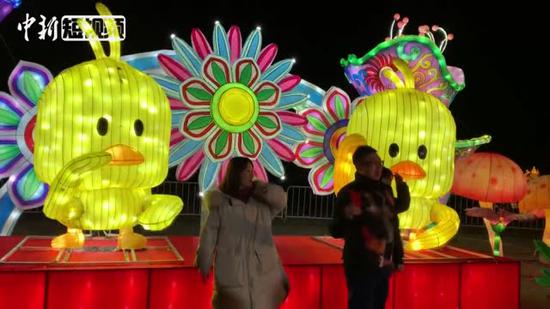
Chinese fans had plenty to cheer about over the past year as the nation's top gamers excelled on the international stage. (Photo/CHINA DAILY)
China led the charge as global competition heated up in 2018
Chinese e-sports soared to new heights in 2018 - both on and off the screen.
As the trophies stacked up for the nation's elite gamers, the sector made huge commercial gains.
China's two gold medals and one silver at e-sports' Asian Games debut in Indonesia grabbed headlines in mainstream media, but the domestic gaming fraternity was even more thrilled by the nation's League of Legends (LOL) 'Grand Slam'.
The quadruple crown was comprised of Royal Never Give Up's win at LOL's Mid-Season Invitational in Paris in May; China's continental victory at Rift Rivals in Dalian, Liaoning province in July; August's Asian Games gold; and Invictus Gaming's triumph at the world championship in Incheon, South Korea in November.
The triumphs rocketed LOL's popularity to stunning new levels.
According to China's League of Legends Pro League (LPL), live broadcasts of its matches were viewed 15 billion times online last year, up 50 percent on 2017. The world championship final alone attracted 99.6 million online spectators in China.
Such staggering numbers translate into profit, with local governments in China quick to tap into gaming's economic potential.
LPL's new home-and-away system requires clubs to attach to a specific city and venue, so local governments in cities such as Xi'an in Shaanxi province, now the base of e-sports club WE, have been more than willing to oblige.
The establishment of TJ Sports, a company in charge of LOL's future development in China, in Shanghai's Jing'an district is the latest example.
"China's e-sports industry is developing dramatically and Shanghai was already considered a center for e-sports," said Zhou Haiying, the deputy governor of Jing'an district, at an establishment ceremony for TJ Sports on Jan 10.
"Jing'an district is home to many e-sports companies. It also hosts many e-sports tournaments. Based on current resources, we are aiming to further boost e-sports development in a creative way."
China's e-sports boom has not gone unnoticed around the globe.
"It's very possible that China will become the leading e-sports market in the world," said Nicolo Laurent, CEO of LOL developer Riot Games, in an exclusive interview with China Daily.
"This has been South Korea's crown, but that's changing. I saw the innovation, the commitment, the investment, the partners and fans that are in China, so I think it's not impossible that China will take the lead."
The Chinese e-sports market was valued at 5 billion yuan ($737 million) in 2017, with the figure projected to hit 8.48 billion yuan in 2018, according to a report published by Tencent E-sports last summer.
By 2020, the market value is expected to exceed 20 billion yuan.
In 2017, there were 250 million gamers in China, with the number projected to reach upwards of 300 million in 2018.
123Next >>|

Jian Zihao, aka Uzi, China's League of Legends captain. CHINA DAILY
Poster boys
Meanwhile, marketing campaigns are increasingly driven by gaming's stars as the sector becomes less reliant on monetizing its digital products, such as new visual effects or limited-edition equipment for characters.
The appearance of Chinese e-sports legend Jian Zihao, aka Uzi, in a Nike poster campaign last year, which also featured NBA superstar LeBron James, was further proof that gaming now transcends the screen.
Uzi's Beijing-based club RNG is at the vanguard of innovative ways to develop e-sports, attracting the sponsorship of Mercedes Benz in the auto giant's first link-up with the sector.
RNG has also partnered with Chinese sports brand Li-Ning, which launched an RNG-themed jersey at the club's sixth anniversary celebrations in Beijing last month. An RNG-themed smartphone is also on the way thanks to a deal with Nubia.
"All of this cooperation shows that the e-sports sector is recognized by more and more people," said Li Jieming, RNG's chief marketing officer. "More brands from other sectors have started to understand and cooperate with e-sports clubs. I believe such cooperation will continue to grow and deepen.
"Six years ago, our players trained in residential buildings and played competitions in internet bars or warehouses, but now we have our own stadium.
"Six years ago, the coach and players were all we had, but now we have a whole operation and supporting team. Six years ago, we had only one LOL team, but now we have 12 teams in 10 different games."
Other clubs are moving in the same direction. JD Gaming last month opened its very own stadium in Beijing, becoming the sixth LPL club to own its home venue.
As well as Beijing-based JDG and RNG, WE, Snake, OMG and LGD have established permanent homes in Xi'an, Chongqing, Chengdu and Hangzhou, respectively.
Not renting venues allows clubs to generate extra income from ticketing, sponsorships and merchandizing.
|<>|

Yan Junze, aka Letme, was another key player for China. CHINA DAILY
Olympic limbo
When e-sports was debuted at last year's Asian Games in Jakarta, many were convinced gaming's inclusion in the Olympics was inevitable.
However, recent comments from the International Olympic Committee indicate the IOC is cooling its initial enthusiasm on the possibility of including e-sports.
After a December meeting at its headquarters in Lausanne, Switzerland, the IOC said "discussion about the inclusion of e-sports as a medal event on the Olympic program is premature".
Sports bodies are now advised to "continue to engage with this (gaming) community, while at the same time acknowledging that uncertainties remain".
Violence, especially in shooting games, is thought to be a major stumbling block for gaming's Olympic hopes.
E-sports' Asiad inclusion was sealed by avoiding violent games, as Wei Jizhong, honorary life vicepresident of the Olympic Council of Asia, explained at the time.
"Adding e-sports to the Asian Games was much tougher than we thought," said Wei.
"After long negotiations, we agreed on three principles - no violence, making sports games a priority and guaranteeing fairness."
Riot Games CEO Laurent believes e-sports' structural complexities are also proving problematic for the IOC.
"It's a case of digital versus traditional sports, so the ecosystems are totally different," Laurent told China Daily.
"Each e-sports game has a private company which is very different from traditional sports. There's still a lot of work to be done in order to decide on the direction.
"Maybe e-sports should be in the Olympics. Maybe e-sports should have its own Olympics. Maybe e-sports should have its own life to be separated from the Olympics.
"These are all questions that we have raised in our discussions with the IOC."
|<










